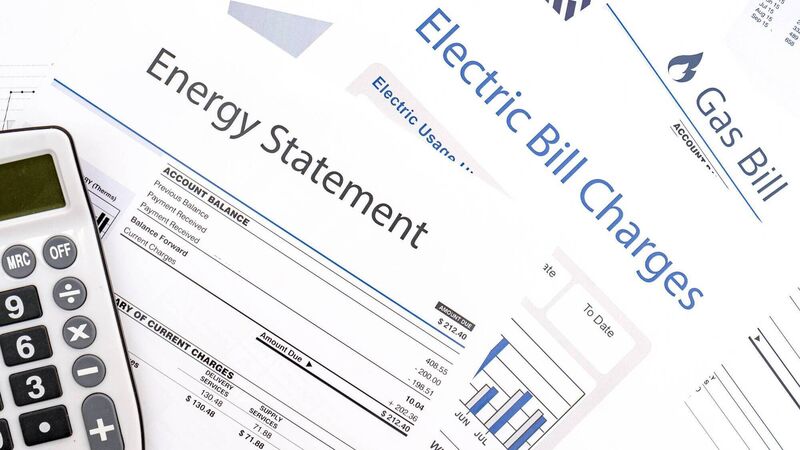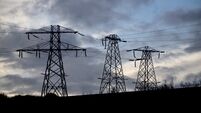Taoiseach dismisses proposal to waive VAT on energy bills

Sinn Féin president Mary Lou McDonald called on Taoiseach Micheál Martin to engage with the EU Commission and to temporarily waive VAT on energy bills for a period of three months.
Taoiseach Micheál Martin has dismissed proposals from Sinn Féin for a temporary waiver of VAT on energy bills, insisting it “cannot be done”.
Sinn Féin president Mary Lou McDonald called for a temporary three-month waiver of VAT on energy bills in response to spiralling costs.














